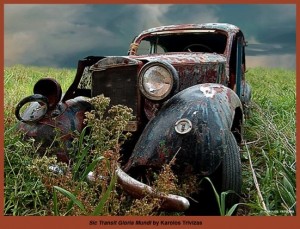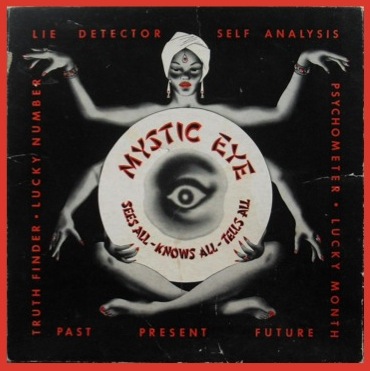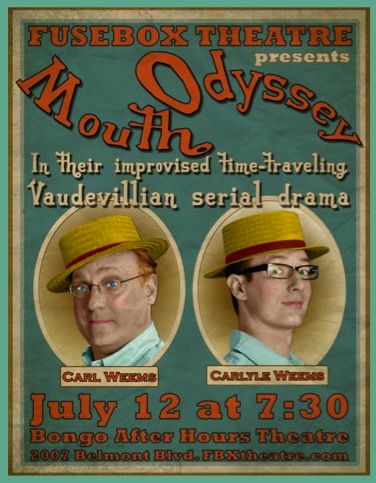Wed 21 Mar 2012
A Discovery of Witches Ate My Novel(s)
Posted by PJ under creativity, ideas, novels, simultaneous invention, vampires, writing, zeitgeist
No Comments
Okay, so the plot of that novel is nothing like any of my vampire novels (all 3-1/2 of them), but there are certain elements in the worldbuilding which really sounded familiar:
- A 1500-year-old vampire
- A group of powerful supernatural being overlords called the Congregation (mine was the Covenant)
- Vampires who can eat normal food but don’t, mostly because the smell is abhorrent (especially garlic)
- Vampire growth spurts, in which the vampire gets larger and more of an apex predator after being “changed” from mortal
- Other piddling things that slip my mind at the moment
Now, none of these elements are earth-shatteringly similar, but chances are that if any of my vamp novels sees some form of publication someone will surely think I’ve ripped off Ms. Harkness, even though I did this worldbuilding twenty years ago now. It no longer depresses me when this sort of stuff happens, no longer even irks me especially hard, because I have been through this same thing so many times before. Seriously, click on the “simultaneous invention” tag if you want to listen to more hardcore whining on this subject. No? Can’t say as I blame you.
The thing is, the concept of simultaneous invention is quite well-known in science. And if it’s true for the tech fields, it’s also true for creative fields. It happens all the time—to me, to my friends, to writers and artists of all sorts. It’s just the way the zeitgeist operates, propagating certain ideas into the culture when their time has arrived. Some individuals are quick to pick up on them and “get them to market,” while others (like me) are painfully slow about the whole thing or otherwise blocked from getting their version before the public eye time. As with Ms. Harkness and I, nothing sinister is involved, no one has stolen anything.
Most of the time. Ideas do get stolen. It’s happened (verifiably) to friends of mine, it’s happened to me—which is one of the reasons I decided I didn’t want to be involved with Hollywood anymore. But most of the time, I firmly believe it’s just a case of that ol’ zeitgeist playing with folks, hoping somebody will take the idea ball and run with it.
The strangest example of this for me happened about a year before Close Encounters of the Third Kind came out. I started working on this idea about a guy name Roy who was a state trooper. One night when he’s out on patrol on a lonely stretch of highway, he has a close encounter with a bunch of UFOs that radically changes his life. He loses his job, his marriage breaks up, and he spends the rest of his time obsessing about and trying to solve the mystery of these strange alien craft. Sounds familiar, huh? I never heard a word about the movie in production until I was about six months into the worldbuilding on my own idea. The thing that is really freaky to me is that both my character and the Richard Dreyfuss character in Close Encounters had the name of Roy. The zeitgeist was working overtime on that one.
So, onward. If I do publish any of the old vampire stuff, I’m sure there are many elements in my books that have been used in other (and many) books since I first came up with the concepts. They can’t help but be labeled “derivative.” I guess the answer is to just keep writing new things, to keep moving forward.
Oh, and what did I think of A Discovery of Witches? I quite loved it, despite the cliffhanger ending. Which is all I’ll say about that ending—but you have been forewarned.









